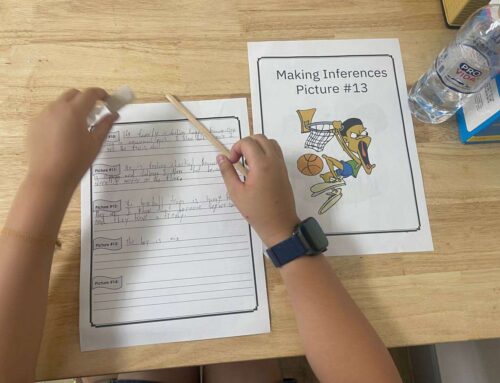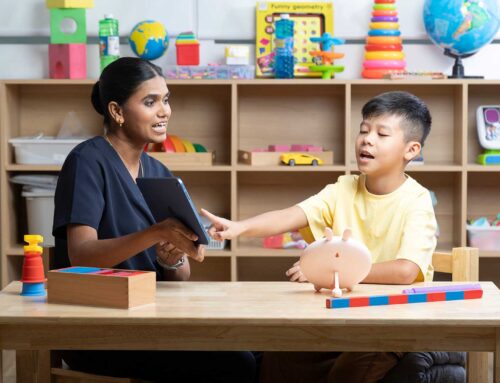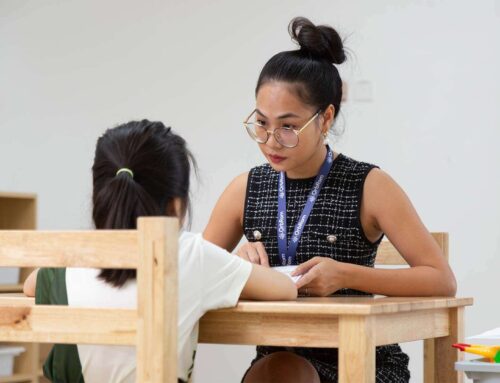In the early years, learning doesn’t happen only with books and flashcards—it starts with play. When a child builds a colorful train, connects plastic bricks, or sorts objects by size and color, they are engaging in manipulative play, a hands-on experience that strengthens problem-solving, concentration, and school readiness. At a high-quality Development School like OrbRom Center in Phnom Penh, this type of play is intentionally used to support both academic and social-emotional growth.
Manipulative play is more than fun—it’s strategic. And for Kids who require Special support, it can be a gateway to greater independence, attention, and learning success.
What Is Manipulative Play?
Manipulative play involves using small objects that children can grasp, move, build, and sort. These might include:
-
Blocks and interlocking bricks
-
Pegboards and puzzles
-
Beads and threading activities
-
Counting cubes or matching cards
Through repeated, meaningful manipulation of these items, children naturally develop:
-
Fine motor control for writing, drawing, and cutting
-
Hand-eye coordination and spatial reasoning
-
Cognitive planning and early math concepts
-
Language and communication as they describe what they’re building or doing
At OrbRom, these moments of play are seen as critical teaching opportunities.
How Manipulative Play Supports Special Developmental Needs
For some children, especially those with developmental delays, autism, or ADHD, learning through movement is far more effective than through verbal instruction alone. Manipulative play offers structure while still allowing freedom and creativity.
At OrbRom Center in Phnom Penh, our therapists and educators use this type of play to:
-
Encourage turn-taking and peer interaction
-
Build attention span through task completion
-
Strengthen sequencing, matching, and categorizing skills
-
Reduce anxiety by offering predictable, hands-on tasks
This is especially true for children enrolled in our Special Needs Intensive Intervention program, where manipulatives are embedded in daily learning routines and therapeutic sessions.
Preparing Children for Academic Environments
Modern classrooms are full of expectations—writing, sorting, measuring, problem-solving. The fine motor skills and mental flexibility gained from manipulative play help children succeed in these settings.
Children who consistently engage in structured play-based learning:
-
Enter school with stronger pre-writing and math readiness
-
Show greater persistence when faced with challenging tasks
-
Exhibit better classroom behavior and self-regulation
Our individualized approach ensures that each child builds these skills at their own pace. Whether they’re threading beads to improve pincer grasp or designing a Lego bridge to explore balance, the learning is real—and lasting.
How Parents in Phnom Penh Can Support Manipulative Play at Home
You don’t need expensive toys to build brainpower. Try:
-
Egg cartons for sorting small objects
-
Measuring cups and containers for pouring and filling
-
Beads, buttons, and clothespins for coordination games
-
Simple building bricks for open-ended construction
Ask open-ended questions like, “What are you building?” or “What do you think comes next?” These encourage your child to think critically and express their ideas.
Manipulative play may look like fun, but it’s laying the foundation for focused, capable learners. If your child needs extra support developing cognitive, fine motor, or attention skills, OrbRom Center in Phnom Penh provides a caring and professional path forward.
We are the only Preschool specialized on children with special needs in PhnomPenh.
- Internationally qualified teachers
- Cambodia’s largest sensory room
- Outdoor swimming pool
- Covered outdoor playground
📞 Phone: 077.455.993
Telegram Link: https://t.me/OrbRom





